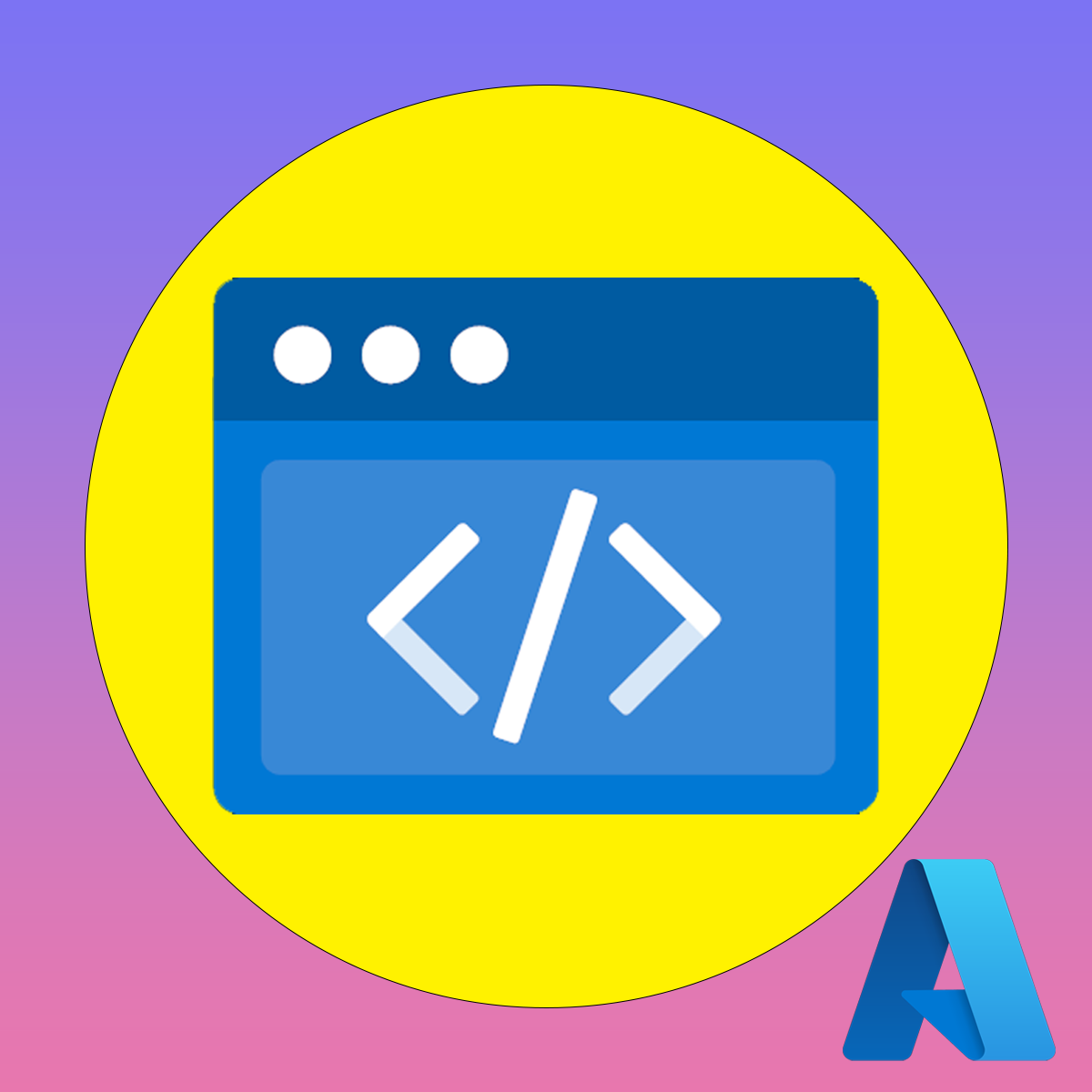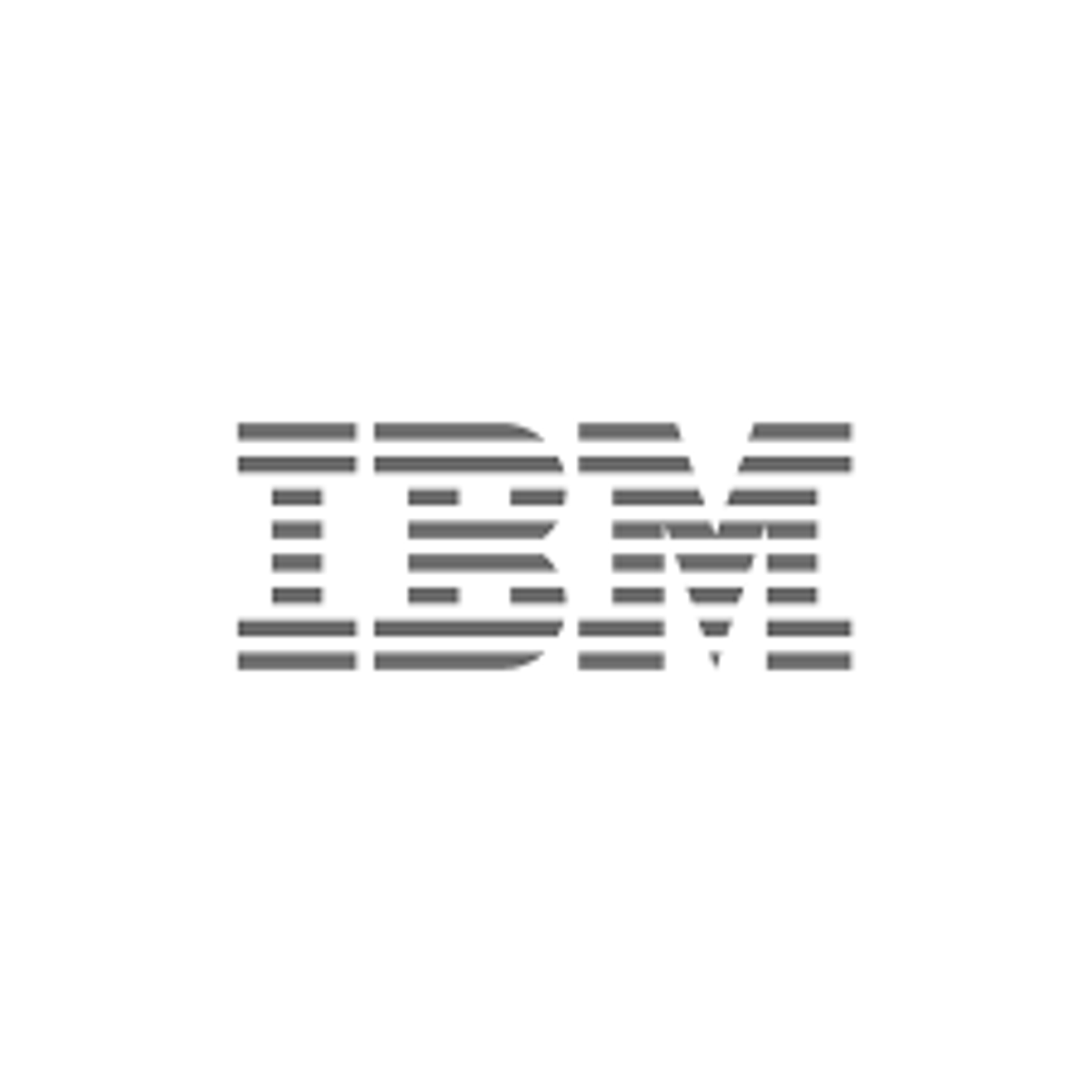Back to Courses









Cloud Computing Courses - Page 11
Showing results 101-110 of 930

Cloud Pricing and Financial Operations (FinOps)
This specialization is targeted to cloud sales, marketing managers, business executives, and operations and data center managers who need education around the specifics of the business aspects of operating a cloud at Cloud Service Providers (CSPs), Distributors, Resellers and Managed Service Providers who service cloud customers.
This course is part of the Intel® Cloud Business Professional Specialization. Completion of specialization offers a badge via Credly.
● Cloud FinOps Overview and TCO Models: This lesson discusses cloud cost modeling and the emergence of the FinOps function. Also covered will be cloud cost management best practices and key personas involved of cloud economics. (Duration: 15 minutes)
● Cloud Service Provider Accounting Structures: This lesson will overview how the 3 large Cloud Services manage their enterprise accounting efforts including enterprise agreements and accounting entitlements. (Duration: 10 minutes)
● Native Cloud Billing Management and Reporting: This lesson addresses the usage invoice delivery, native cost explorer and usage reporting for each of the three large Cloud Service providers. (Duration: 15 minutes)
● Cloud Pricing Models: This lesson covers cloud pricing models for each of the 3 large Cloud Service Providers. Also addressed will be reservations, spot instances and native pricing estimators. (Duration: 30 minutes)
● Controlling Cloud Costs: This 3-part course will dive into the ideas and intricacies around controlling spending in the cloud. Included in this course are specific demos for the 3 large Cloud Service Providers. (Duration: 80 minutes)
● Cloud Multi-Tenant Management and Billback: This course discusses the business aspects of multi-tenant cloud billings. It covers showback vs billback billing models and prepaid instances and commitments. (Duration: 10 minutes)

Develop a Serverless Computing App with Azure Static Web App
Serverless computing enables developers to build applications faster by eliminating the need for them to manage infrastructure. With serverless applications, the cloud service provider automatically provisions, scales, and manages the infrastructure required to run the code.
In this project, you will learn how to use Azure Serverless Computing services like Azure Static Web App, Azure Storage Account Table, Azure Functions, and others to develop a complete web application.
Once you’re done with this project, you will be able to deploy a full-stack web application in Azure in just a few steps.

Deploy Microsoft SQL Server to Compute Engine
This is a self-paced lab that takes place in the Google Cloud console.
In this lab you will learn how to create a virtual machine with Microsoft SQL Server installed. You’ll also create a Windows user and password and learn how to connect to the Windows Server via remote desktop.

Importing Data to a Firestore Database
In this lab you will upload existing data (a CSV file) to a Firestore serverless database in the cloud.

Data Loss Prevention: Qwik Start - Command Line
This is a self-paced lab that takes place in the Google Cloud console. In this lab you will set up the Data Loss Prevention API and and use the API to inspect a string of data for sensitive information.

Migrate for Compute Engine
This is a self-paced lab that takes place in the Google Cloud console. Use Migrate for Compute Engine to migrate an EC2 instance from AWS to Compute Engine on Google Cloud and verify the migration

Cloud Computing
Learn about the different tools and systems involved in cloud computing and dev ops. Explore popular cloud solutions and the benefits to cloud computing along with the core cloud architecture concepts and approaches.
You’ll also learn about the pipelines, integration techniques and workflows involved in dev ops. You’ll understand the methods and tools involved in delivery and deployment. Plus, you’ll learn about the core concepts that underpin the use of containers such as Docker and Kubernetes and how they are used. Finally, discover how all the different dev ops principles come together to form the practice of site reliability engineering.

Advanced React
Learn how to use more advanced React concepts and features, optimize and debug your React applications, and become proficient in using React Bootstrap and JSX.
You’ll examine different types of React components, learn various characteristics and when to use them. You’ll start working with hooks, effects and other functional components. You’ll find out how routing is used in React to customize the users' experience, you’ll create a web application that consumes API data, and you'll get familiar with the most commonly used React framework integrations, tools, and debugging approaches.
By the end of this course, you will be able to:
• Render list and form components efficiently in React.
• Lift a shared state up when several components need the updated data.
• Use all common hooks in React, and put them to use within your application.
• Build your own custom hooks.
• Understand JSX in depth.
• Use advanced patterns to encapsulate common behaviour via Higher Order Components and Render Props.
• Test and debug your application.
• Build a portfolio using React.
You’ll gain experience with the following tools and software:
• React.js
• JSX
• React
• HTML, CSS and JavaScript
• VSCode
You will be able to leverage the potential of this course to develop new skills, improve productivity, act effectively with data and boost your career.
To take this course, you should understand the basics of React, HTML, CSS, and JavaScript. Additionally, it always helps to have a can-do attitude!

Linux System Administration with IBM Power Systems
This course introduces administrative tasks that a system administrator can perform with Linux hosted on IBM Power servers. This includes virtualization concepts such as logical partitioning, installation of Linux, command-line operations, and more interesting administration and device management tasks.
This course includes hands-on exercises with systems from an IBM data center.

Tencent Cloud Practitioner
This course is primarily aimed at cloud professionals who are interested in learning about Tencent Cloud's products and services. It equips learners with a foundational knowledge in cloud computing and prepares them to take the Tencent Cloud Practitioner examination. After completing this course, learners will be able to explain the different features, advantages, uses cases, and billing methods of several core Tencent Cloud products.
Popular Internships and Jobs by Categories
Find Jobs & Internships
Browse
© 2024 BoostGrad | All rights reserved